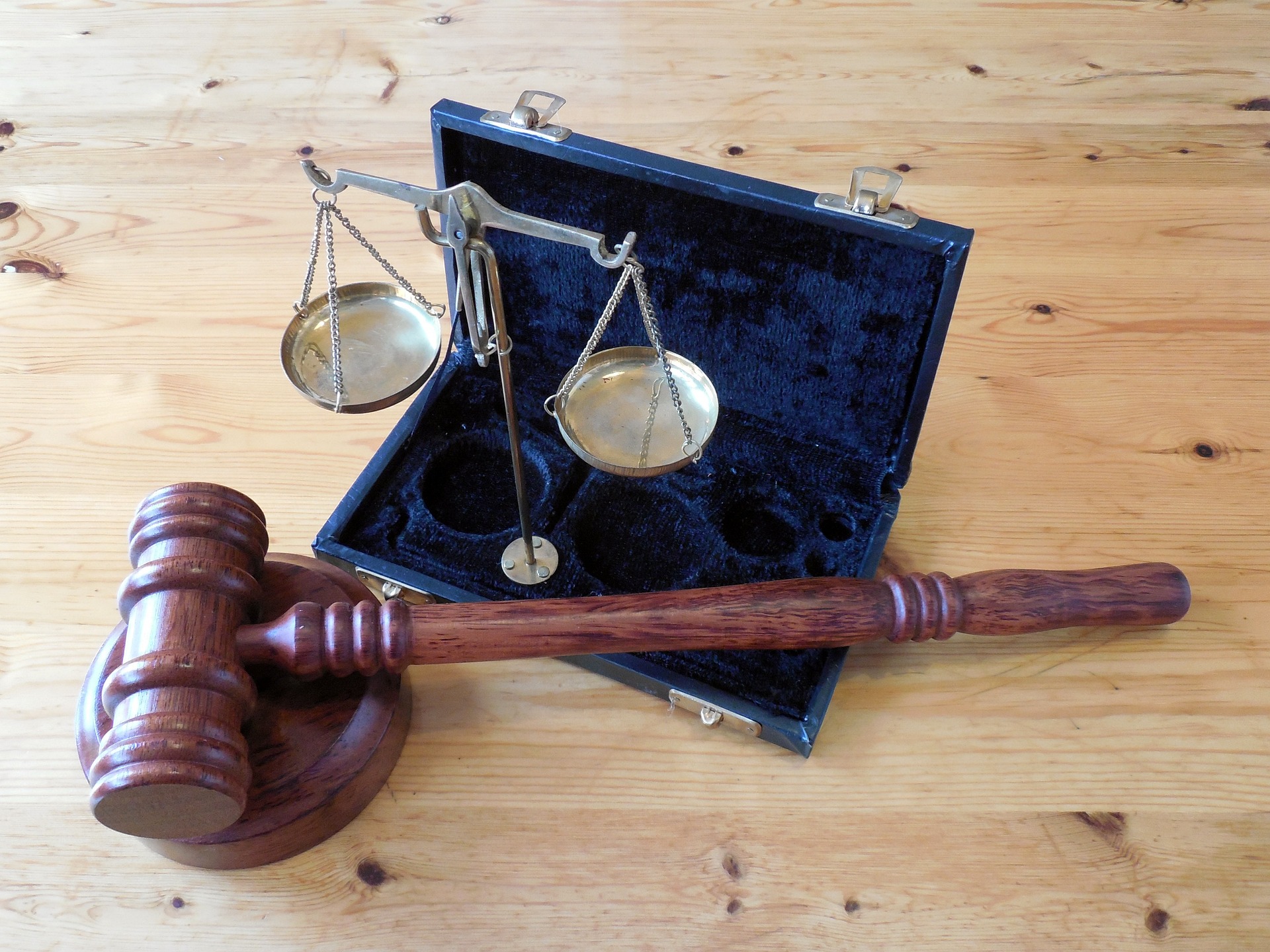The Rising Influence of Artificial Intelligence in Legal Systems
Artificial Intelligence (AI) is rapidly transforming industries worldwide, and the legal system is no exception. This article will explore this intriguing intersection of technology and law and its potential implications for justice systems globally. Read below to understand the emerging role of AI in legal processes.
AI in Legal Research and Analysis
AI-powered platforms are increasingly being used in legal research and analysis. They can sift through vast amounts of legal texts and databases, identifying relevant case laws and precedents in a fraction of the time it would take a human. This not only saves time but also allows for a more comprehensive analysis.
Predictive Analysis and Legal Outcomes
AI’s predictive capabilities are being utilized to predict legal outcomes. By analyzing previous court decisions and legal precedents, AI tools can provide insights into potential outcomes of a case, helping law firms and their clients make informed decisions.
AI and Legal Document Review
AI tools are revolutionizing the process of legal document review. By using natural language processing and machine learning, these tools can analyze, organize, and identify key elements in legal documents, reducing human error and streamlining the process.
Ethical Considerations in AI Legal Applications
While the use of AI in law can bring numerous benefits, it also raises ethical considerations. Issues of bias, transparency, and accountability are paramount. Ensuring ethical AI use in law requires clear guidelines, ongoing monitoring, and robust legal frameworks.
The Future of AI in Law
AI’s role in law is expected to grow. Future advancements may include AI legal advisors and even AI judges. However, the human element is essential in law, and AI will likely serve as a tool to enhance human capabilities rather than replace them.
Useful Tips and Facts
- AI in law can increase efficiency and accuracy but it’s important to remember it’s a tool, not a replacement for human expertise.
- Ethical use of AI in law involves transparency, accountability, and avoiding biases.
- Continued research and development are crucial for the successful integration of AI in legal systems.
Conclusion
The intersection of AI and law is an exciting frontier with the potential to greatly enhance legal processes. However, careful consideration of ethical issues and a clear understanding of AI’s role as a tool rather than a replacement is crucial. As we continue to explore this territory, the focus should remain on how AI can best serve justice and the rule of law.





